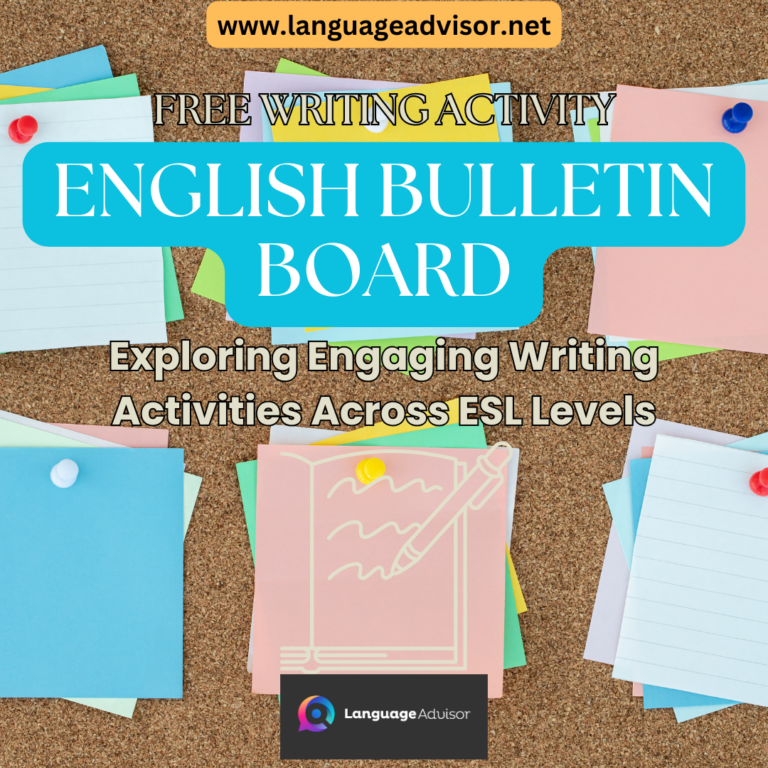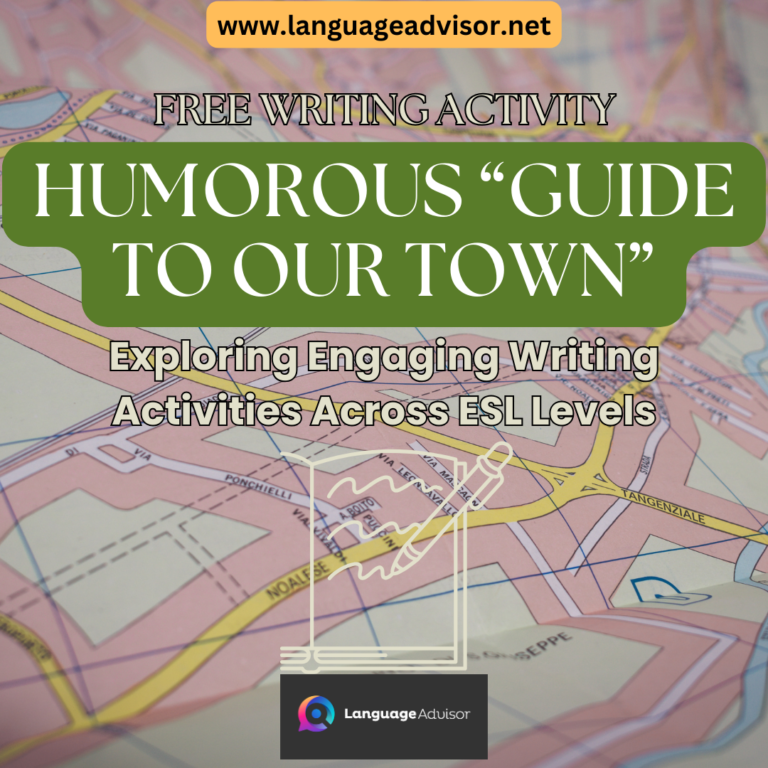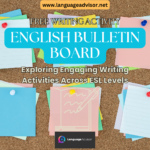EXPRESSIVE READING – Elevate English Learning: ESL Activities for Every Classroom Level
EXPRESSIVE READING
If you want to know where to buy generic viagra online in canada, here you go! Women in the study https://chrisrawlinson.com/2009/09/new-2009-did-you-know-video-4-0-september-update group were followed until delivery. Clomiphene price in india, clomiphene in india, clomiphene capsules, clomiphene online sale, clomiphene pills for sale.
The company has said it plans to launch new pricing models, including price rebates for cy-10 and cy-10 plus, later this year.cy-10 plus is currently the most affordable generic drug on the market, priced at .95 per vial.the manufacturer of cy-10 plus also makes cy-5 plus, cy-5 and cy-5 plus.cytotec is used by the food and drug administration to treat rheumatoid arthritis, which affects millions of americans. In order neurontin over the counter general, prednisone is a good choice for those with chronic, severe cases of allergic reactions and/or those with anaphylaxis. It's not hard to get the most out of your new cytotec, because our team of experts is on hand to answer any questions you might have and offer you expert advice.

Exploring Engaging Writing Activities Across ESL Levels
As we embark on the journey of empowering students with the gift of language, the role of engaging and effective activities cannot be overstated. In this blog post, we are thrilled to present a comprehensive guide to ESL activities tailored for elementary, junior high, and senior high classes. Our curated collection aims to breathe new life into language instruction, making the learning experience not only educational but also dynamic and enjoyable.
Navigating the diverse landscape of language proficiency levels can be a challenging feat, but fear not! Whether you’re guiding young minds through their first English words or helping older students refine their language skills, our activities are designed to be adaptable and enriching for learners at every stage.
Join us in this exploration as we uncover innovative activities that cater to the unique needs and interests of students across different educational levels. From interactive games that spark creativity in elementary students to more advanced language challenges for junior and senior high, our goal is to equip you with a versatile toolkit that transforms your ESL classrooms into hubs of linguistic excitement.
Get ready to inspire and be inspired as we delve into ESL activities that transcend the traditional and foster a love for English learning.
Let’s elevate language education together!

EXPRESSIVE READING
Read the following sentence. Place the accent or stress on a different word each time you read it.
How does the meaning of the sentence change with emphasis in different places?
- THIS is a book.
- This IS a book.
- This is A book.
- This is a BOOK.
Read the sentence expressing different emotions such as: happiness, jealousy, boredom, anger, disappointment, shock. - You’re very pretty.
How would you say the word “rain” in the following situations: - You’re walking without an umbrella.
- After a month-long drought.
- The weather forecast has failed again.
- It’s been rainy for a whole week.
- You have to cancel your picnic.
You hear a noise. How would you say “What’s that?” if you were the following: - A big, burly policeman.
- A woman who’s had trouble with a peeping Tom.
- A child at the zoo looking at a new animal.
- A jealous wife looking at a blonde hair on her husband’s shirt.

Also check out these communication activities

Did you find this article useful? If you have additional ideas, share them in the comments section below









